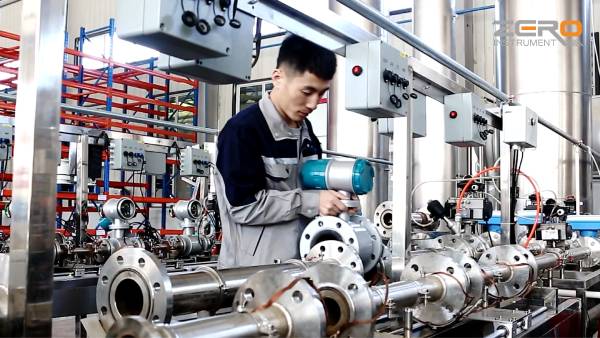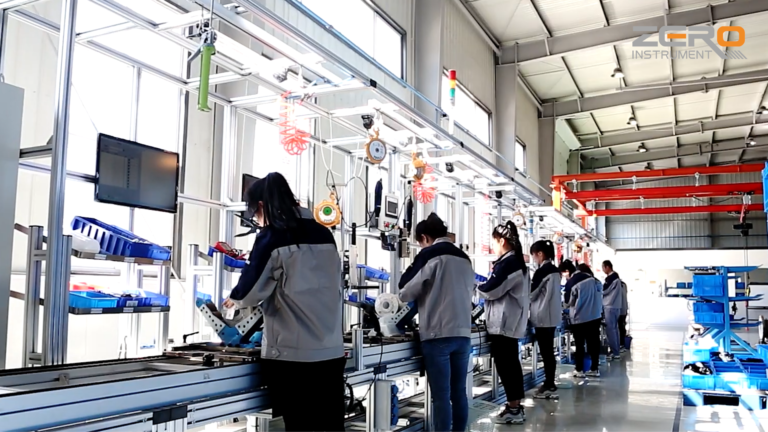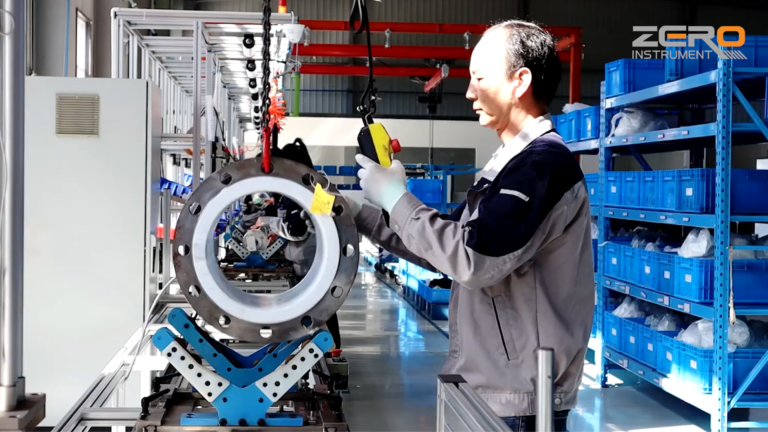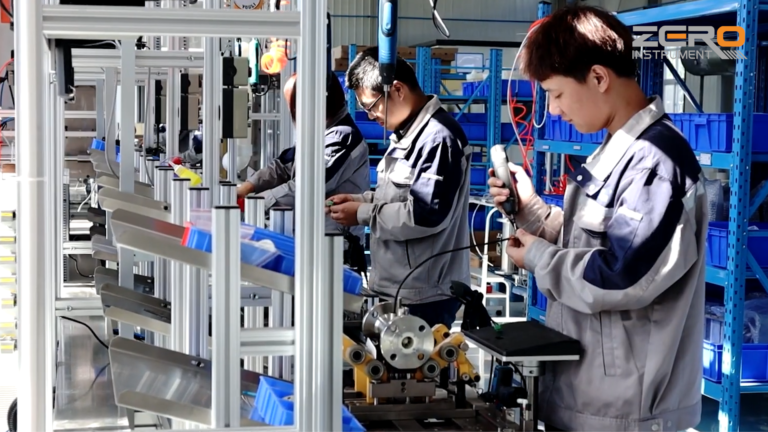In today’s era of rapid technological advancement, production process automation has become the core driving force behind the transformation and upgrading of the manufacturing industry.
The essence of this transformation lies in embedding human-acquired operational knowledge and skills into automated systems, achieving a leap from “manual” to “intelligent” operation. Production process automation essentially involves the deep automation of operational knowledge. It not only transforms the landscape of process industries but also ushers in a new chapter in industrial production.

Encoding Knowledge: From Experience to Algorithms
In traditional production models, the experience and skills of operators are key to ensuring production efficiency and product quality. However, with advances in automation technology, this valuable operational knowledge is being encoded into a series of algorithms and programs, embedded into automated control systems.
This transformation facilitates the transmission and amplification of knowledge, elevating production efficiency and quality control to unprecedented levels.
One of the core aspects of production process automation lies in the establishment of real-time monitoring and intelligent decision-making systems.
Through a pervasive sensor network, every operational parameter can be collected and analyzed in real-time. The system can instantly adjust production parameters based on predefined rules, preventing errors and optimizing production processes.
This capability effectively endows machines with the keen observation and quick response abilities of human operators, making the production process more flexible and efficient while reducing human errors.

A New Frontier in Human-Machine Collaboration
When faced with production challenges, operators often demonstrate remarkable creativity. They utilize available resources and combine original thinking to devise ingenious solutions, optimize processes, increase output, and reduce costs.
This innovation is not limited to the technical level but also involves reinterpreting and revolutionizing traditional techniques, turning the production process itself into an imaginative endeavor.
However, the frequent repetition of tasks limits the creative thinking of operators. By automating more operational knowledge, operators can engage in more important work.
They can leverage advanced data analysis and predictive models to extract trends from historical data, anticipate potential production issues, and take proactive measures to prevent failures.
This approach allows for the pursuit of efficient production while ensuring safety.
In the context of the intelligent era, human-machine collaboration has become a new trend in process industry operations. Operators work alongside automated systems, creating a harmonious coexistence between humans and machines.
In automated production, the automation of operational knowledge does not imply a complete replacement of human labor but rather ushers in a new mode of human-machine collaboration.
Workers are liberated from repetitive physical and mental tasks and instead engage in higher-level monitoring, maintenance, and innovation work.
The role of the operator shifts to that of a designer, supervisor, and optimizer of systems. Their professional knowledge and experience continue to provide valuable input to automated systems, jointly driving improvements in production efficiency and innovation capabilities.

Each in Their Place, Complementing Each Other
Production process automation, as the practice of automating operational knowledge, is not only a technological revolution but also a paradigm shift in mindset. It not only greatly enhances production efficiency and product quality but also profoundly transforms the way industrial production is conducted and its future trajectory. In this era of intelligent integration, the boundary between humans and machines is increasingly blurred, jointly shaping a new chapter in industrial production. In the future, with continuous technological advancements, production process automation will continue to deepen, and the journey of automating operational knowledge will lead us towards a more efficient, intelligent, and sustainable industrial future.
Production process automation is a continuous improvement aimed at achieving zero manual operation as the ultimate goal. Automation is not only about improving human efficiency but also about achieving device operation in a safer, more environmentally friendly, greener, and more efficient manner.

The core method of our recent device automation enhancement project is to persistently analyze issues through high-frequency operation analysis, understand design intentions and operational approaches to analyze problems, and solve them with simple, efficient, and standardized methods, continuously optimizing and improving the automation level of the device.
Management, sequential control, programming, PID (Proportional-Integral-Derivative control), ARC (Advanced Process Control), and APC (Advanced Process Control) are all tools. The ultimate goal is to minimize human intervention and achieve production process automation.
